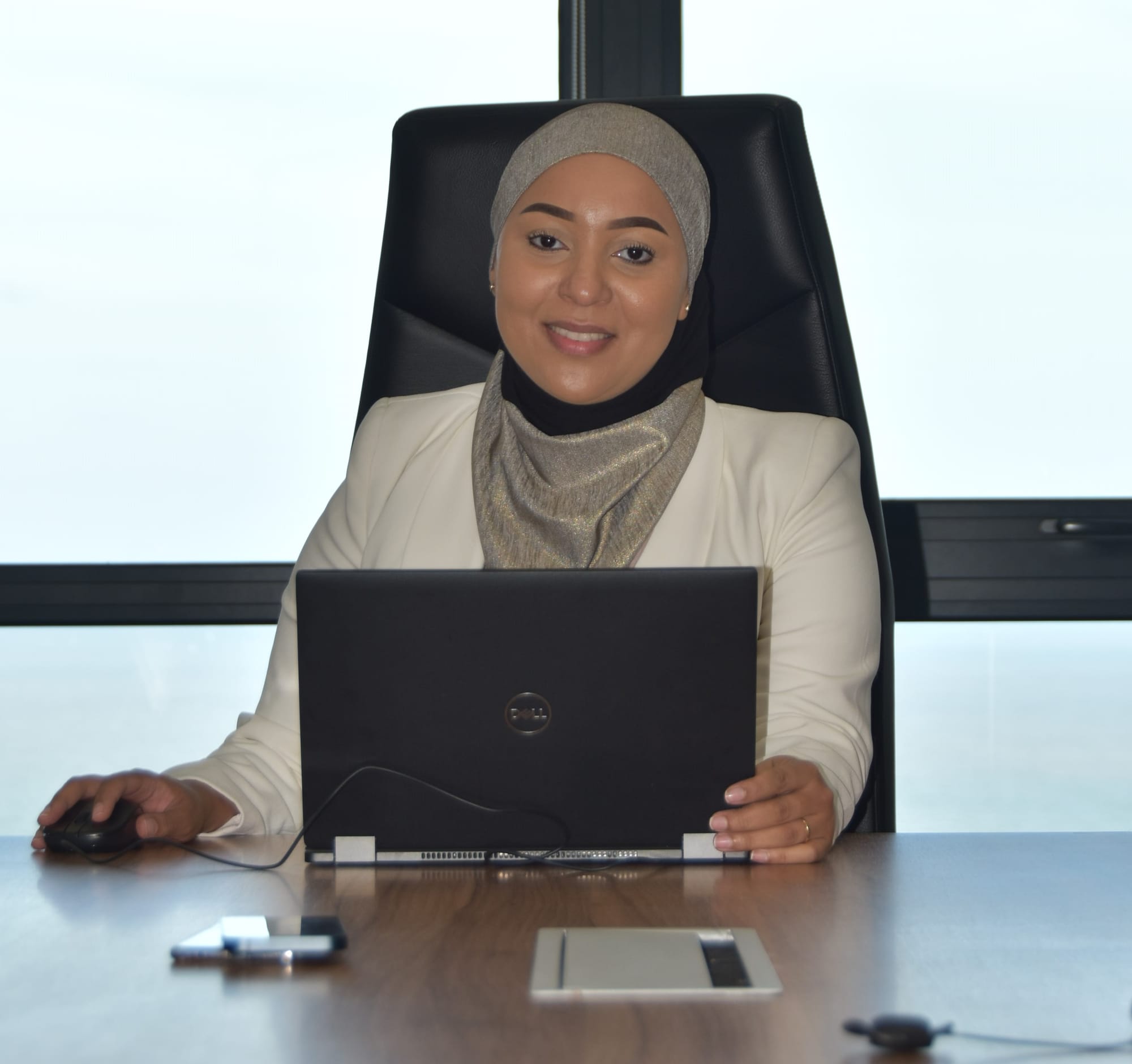Launched in 1992, the Southern Africa Development Community (SADC) was based more on ideals than economics. Born of the anti-Apartheid movement, the SADC aimed to help Southern Africa countries build economic ties and reduce dependence on the Republic of South Africa. As the region changed, the SADC’s membership grew and the organization adopted lofty goals. But the SADC’s outmoded inner workings did not meet the needs of its escalating staff and ambitions.
In 2013, the SADC’s Secretariat—based in Gaborone, Botswana—asked the European Commission (EC) to help modernise the SADC’s processes and recalibrate the organisation for success. After four years of sustained collaboration, the SADC now operates with new systems and a renewed focus on rigorously planning and managing its projects.
This accomplishment was assisted by the Technical Assistance to the SADC Secretariat Institutional Capacity Development Programme, which worked closely with the Secretariat’s executive team, supporting them through the setbacks and successes of organisational transformation. Over the past four years, the team:
- Trained the Secretariat on revised procurement policies, supply chain management, and contract administration;
- Prepared the SADC to work directly with international donors to manage projects;
- Teamed with SADC directorates to improve evaluation guidelines and build capacity among personnel responsible for monitoring and planning;
- Developed program dashboards to track projects and created statistical yearbooks to support data-driven planning;
- Enabled the SADC to better manage members’ obligations;
- Aligned human resources policies—including job descriptions, hiring standards, and performance reviews—to support the SADC vision and values.
The programme, managed by DAI, also helped the SADC to develop a comprehensive plan for how it will utilise the current round of European Development Fund (EDF) funding for its programmes, which address agriculture, water, trade, and other regional needs.
Why Regional Communities Matter
The African Union recognizes eight regional economic communities on the continent. The SADC member states— Angola, Botswana, Democratic Republic of Congo, Lesotho, Madagascar, Malawi, Mauritius, Mozambique, Namibia, Seychelles, South Africa, Swaziland, Tanzania, Zambia, and Zimbabwe—have long depended on regional cooperation:
- Regional economic communities play increasingly important roles, from improving intra-region trade to preventing conflicts between member states.
- Harmonized financial regulations can facilitate commerce and create jobs.
- Strong regional cooperation can attract donor agencies and private investors to support cross-border infrastructure projects, such as highways and electrical grids.
- Six SADC member states are landlocked and rely on neighbours to import and export products by sea.
SADC Commits to Intensive Reform
Working with a complex and diverse regional body prompted DAI to apply an adaptable, demand-driven approach. The programme focused on improving SADC staff attitudes about their work over publishing documents. The SADC Secretariat staff proved to be receptive partners.
“Initially, the programme was run like a framework contract, but this didn’t allow enough flexibility—the typical 20-day timeframes for consultants didn’t provide time for knowledge transfer,” said David Ablett, Team Leader for DAI. “We didn’t want to just drop off documents and then leave. We wanted to nurture people and test things.”
In 2013, the Secretariat was struggling with the key processes it needed to plan, implement, and monitor projects, but its leadership knew what the organization needed and committed to bringing about sustainable change. In turn, DAI’s team formed a close working relationship with the SADC’s executive team.
Fixing the Procurement Struggle
In response to the procurement difficulties of the Secretariat, for example, the DAI team and SADC leadership developed and implemented procedures and created an internal audit manual.
Staff from across the Secretariat were trained on the revised policies. The cross-trained staff can now effectively manage an annual procurement budget, allowing the Secretariat to hire directly and manage technical consultants or upgrade its own information technology (IT).
These changes had an immediate effect on efficiency and staff morale. Several large tenders that had been blocked in the SADC’s system for years have been executed as a result, and staff are now working on projects directly with international donors.
Among SADC’s offerings: * **Service centres** addressing areas such as agriculture standards, climate resilience, and [security](http://www.sadc.int/sadc-secretariat/services-centres/rptc/). * **Financing facilities** for jumpstarting project planning, water projects, and [trade](https://www.sadc.int/sadc-secretariat/directorates/office-deputy-executive-secretary-regional-integration/trade-industry-finance-investment/sadc-trade-related-facility-trf/) technical assistance. * **Consultancies** including for health, infrastructure, defence, and agriculture.
Promoting Merit-Based Human Resources
The SADC Secretariat’s annual budget of $71.9 million is made up of contributions from member states. While revamped administrative processes were essential, addressing the SADC’s human factors was equally important.
The Secretariat worked with DAI’s team to revise HR policies. Incomplete job descriptions were updated and performance reviews adjusted to connect employee’s objectives to larger organizational goals. Improving hiring standards and rewarding top performers helped rejuvenate the organization and boost morale, while enabling the Secretariat to hold underperforming and corrupt employees accountable.
Dusting Off Manuals, Putting Policy into Practice
The Secretariat worked with DAI’s team to strengthen financial management and upgrade IT systems. While previous consulting projects had developed valuable technical manuals and plans for the Secretariat, the EC and DAI’s team recognised that different approaches would be needed to ensure that what was put down on paper during previous programmes was also put into practice.
The EC Delegation in Botswana supported DAI’s team in taking a long-term, iterative approach, with a focus on attitudinal change, and allowed the programme to hire consultants for extended periods. “We took a more in-depth, hands-on project approach to a typical technical assistance framework contract,” said Ablett. “It was a frustrating process at times to design and test, but the EC saw benefit in it.”

New Confidence Attracts New Partners
The positive changes were noticed outside of the Secretariat. With new confidence in the SADC’s administrative capabilities, donor agencies from France, Italy, the United Kingdom, and other countries began approaching the organisation about leading regional development projects.
For those working on U.S. Agency for International Development (USAID)-funded projects in the region, the SADC’s improved capacity was noticeable. USAID’s Southern Africa Trade and Investment Hub and Feed the Future Seed Trade Project, both led by DAI, have partnered with the SADC Secretariat on activities, including the SADC Seed Technical Meeting in November 2017 to discuss agricultural issues affecting the region. With its newly streamlined procurement process, the Secretariat directly paid its contribution of $20,000 rather than having to pass funds through an intermediary member state.
With its new policies and procedures, the Secretariat can confidently address operational challenges. Most importantly, this regional economic community—accounting for 300 million people and gross domestic product of $600 billion—has the potential to play a positive role in transforming the economy of Southern Africa and the wider continent.




